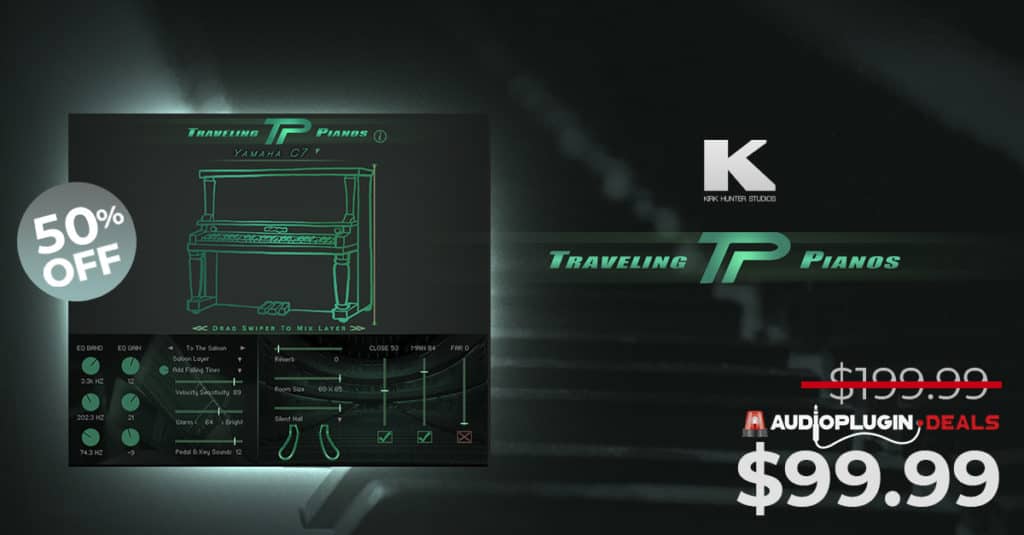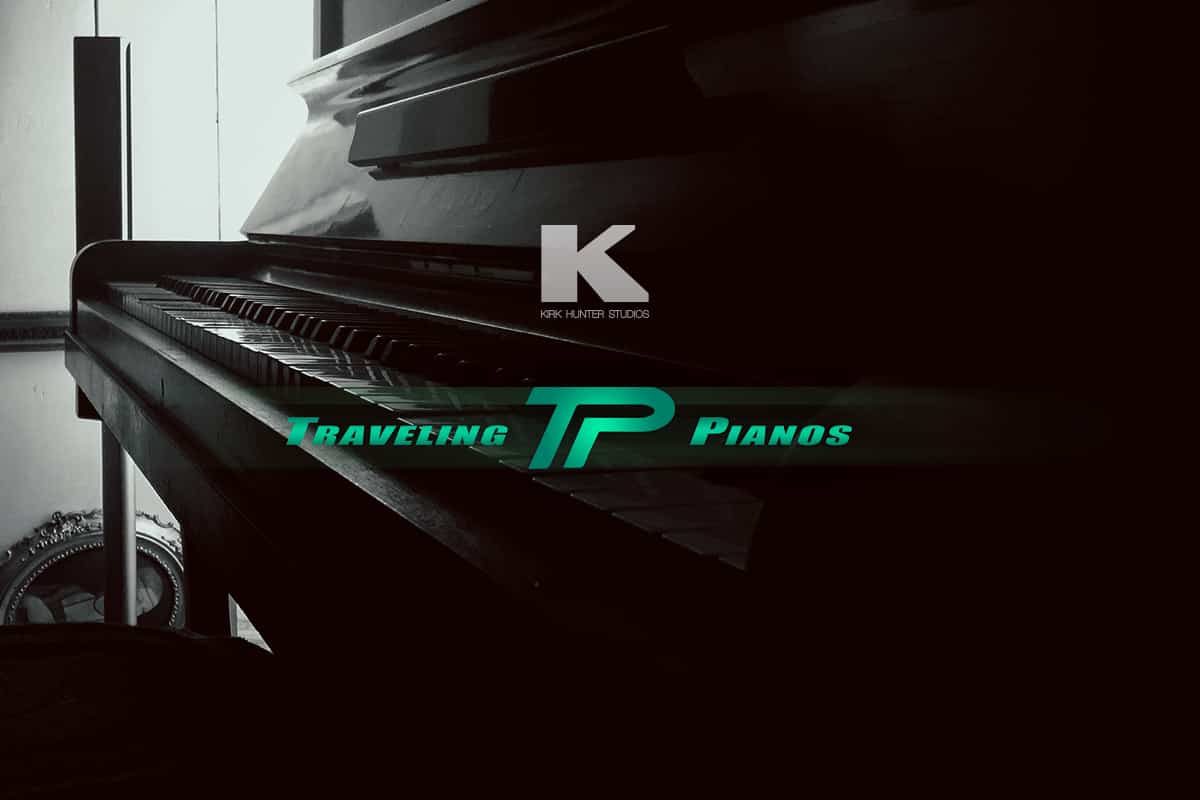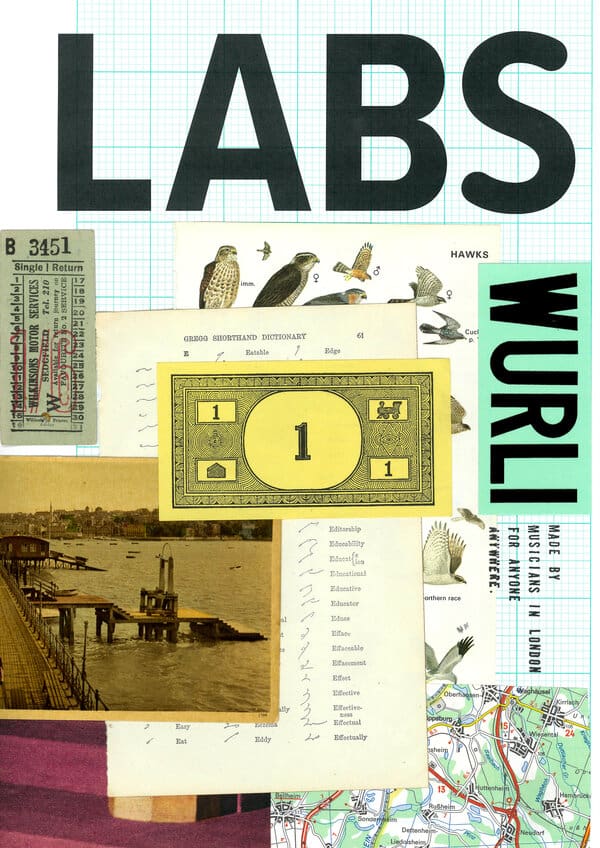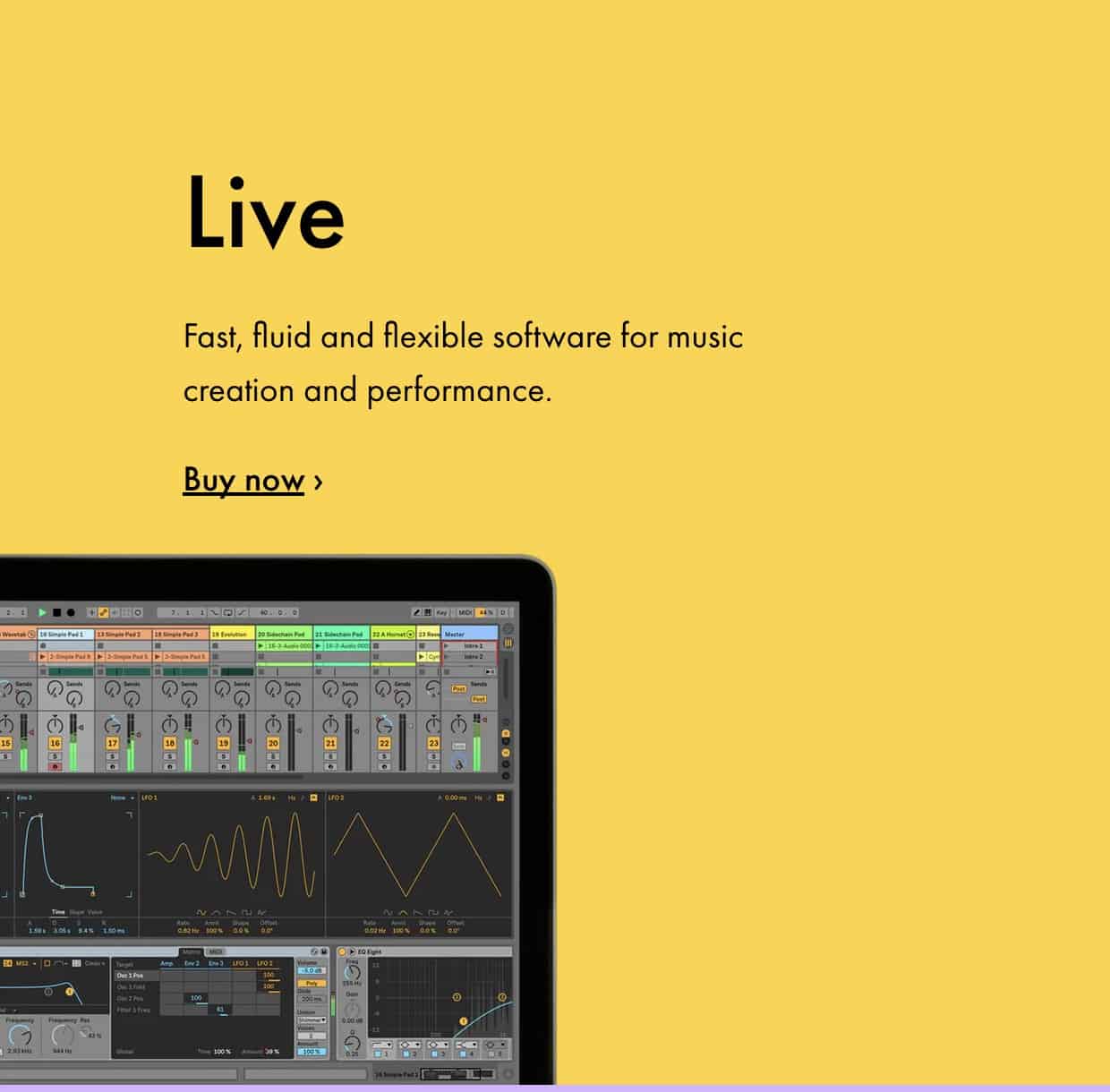TRAVELING PIANOS by Kirk Hunter Studios
For an insane intro price of $99.99 (normally $199.99), get the all-new TRAVELING PIANOS (Affiliate Link), the latest release from Kirk Hunter Studios.

TRAVELING PIANOS contains two pianos: Kirk Hunter’s own Yamaha G5 for a clear, pristine, yet powerful sound and Michael Lehmann-Boddicker’s Yamaha C7 engineered by Michael himself, and played by Kirk. This piano has been a workhorse for many A-list performers, and can now be YOURS!
With TRAVELING PIANOS (Affiliate Link), all of the controls and features are laid out in one easy-to-use interface. You likely will not even need a tutorial with this library!
Pricing and Availability
This is a limited time offer you should not miss: TRAVELING PIANOS (Affiliate Link).










